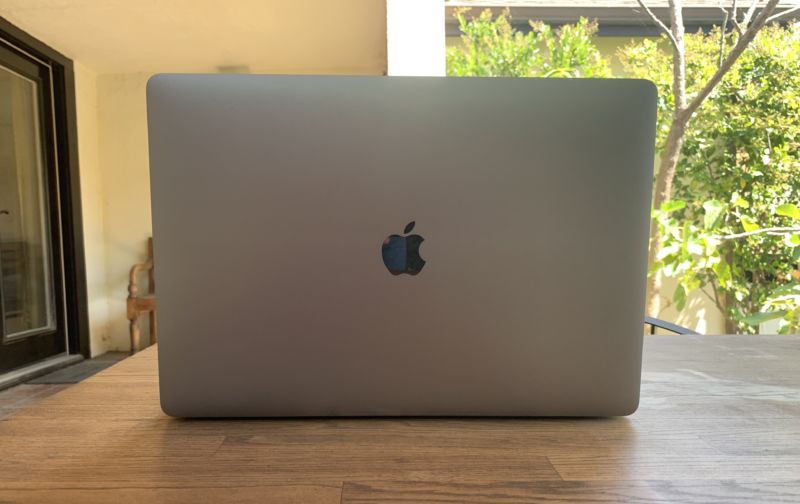Apple updates multiport adapter with support for 4K HDR video

After Apple streamlined the types of ports on its hardware, having adapters remains a necessary evil. For now, at least the company has made a notable quality-of-life improvement to one of its AV dongles.
Apple recently released an updated version of the USB-C Digital AV Multiport Adapter. This dongle has USB-C, USB-A, and HDMI ports, and the HDMI options got a little better. The device now includes support for 4K video at 60 Hz as well as HDR video in either HDR10 or Dolby Vision.
This update is available when the video is coming from a 15-inch MacBook Pro from 2017 or later, a Retina iMac from 2017 or later, an iMac Pro, or an iPad Pro, and is plugged into a playback device that also supports 4K and HDR. The Mac device needs to be running at least macOS Mojave 10.14.6, and the iPad needs to be on at least iOS 12.4.
If you’re buying direct from Apple, the adapter retails for $69. Apple has discontinued the previous version, but you’ll want to make sure you have the correct model if you purchase this from a third-party vendor.
Apple has been throwing its weight behind the value of 4K and HDR video, putting these options at the forefront of multiple products. It updated its own set-top box to have 4K support in 2017, and the company has been pushing to make more high-end video available on iTunes.
This dongle update adds yet another way for Apple to cover its bases with the audience that owns 4K HDR televisions and monitors, but this fix isn’t an immediate one. Today’s Mac screens don’t support HDR. The new Apple TV Mac app, due to roll out with macOS 10.15 Catalina this fall, will add support for 4K HDR content on Macs. So while the adapter is a first step, having the video content available is the second one.
Plugging a Mac or iPad directly into your TV may be a less common use case, but the new adapter and the upcoming software change will fix what has long been a limitation for those users.
https://arstechnica.com/?p=1549397